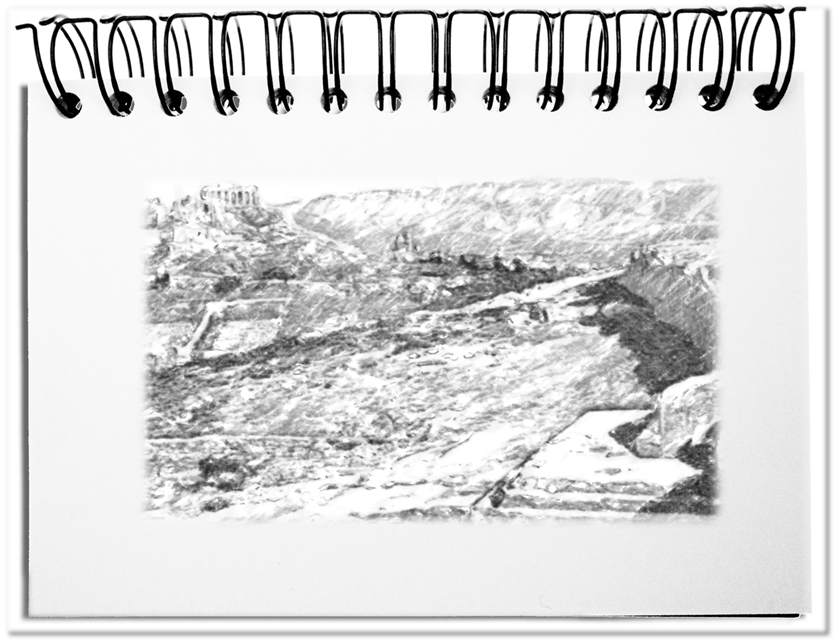Since the fifties of the last century, the world population tripled to 7.5 billion. At the same time, one-tenth of the world’s population owns more than 85% of private wealth. This creates a tension that requires imposing the majority stable. Over the millennia, the rule of the people, democracy, has prevailed as a clever form of reign. It suggests to the masses that they would have the control of the social development. But what happens if, over time, mechanisms and behaviors have emerged that make out of participation an illusion – when democracy is actually none.
The roots of this development could already be seen in the beginning. Over the years, more pragmatic approaches have been added.
- Only certain people are allowed to vote
Already in the cradle of democracy not all people were allowed to vote, but only full citizens – only about 10% of the population. Women and slaves were even not considered. Today, voters are also excluded if, for example, they have not yet reached a certain age, or because they belong to a minority, or by deleting them from the voter’s list, or by exclusion of certain groups of the population due to their physical and mental conditions, or through intimidation, or through misinformation, or even by direct buying of votes. - Missing selection of candidates
If there is only one candidate available, voters have no choice – like in Singapore or Haiti. This can also happen due to competitors without chances, as in Russia or Egypt. An interesting variant is the election of a party, without any candidates, as in Kazakhstan. - Preselection of candidates
As soon as the candidates need admittance for the election, nobody can speak of a free choice. Thus, in Iran, the candidates must be at first approved by the Guardian Council. In Russia, candidates must be over 35 years, not convicted, and nonpartisans need 300,000 signatures to participate at all. A preselection also takes place, if not all candidates make it to the election, because they are intimidated or detained by physical violence. - The winner takes all
In the American electoral system, the president is elected indirectly by so-called electoral delegates. Each state has a certain number. The voters decide by their vote, which party wins the federal state and after the majority vote the winner gets then all electoral delegates. This distorts the election result in a bizarre way. Of the 232 million eligible voters, 123 million actually voted. With 46.9%, the non-voters actually won the election. The current president was able to win the presidency with 59 million or 25.5% of the voters, because of the higher number of electoral delegates, although his counter-candidate was able to bring in 2 million more voters with 25.6%. - Unelected coalitions
The political landscape is fragmented into more and more cultural parallel societies, which moreover open up their own sociotope. In Germany, the former popular parties are no longer able to assemble majorities. The Christian Union has only a slight lead due to an artificial structure that apart from a C has nothing in common. And even that is not enough for an absolute majority. Therefore, after the election, coalitions are decided over the heads of voters. Based on the coalition agreement, the parties determine among themselves, without voters, what they want to achieve together – but the will is not enough to get statements done and more cannot be expected, since it is not agreed. Political discussion will only take place to a limited extent in the following legislative term, since everything has already been decided in advance. Noteworthy is the fact that although only 76.2% of voters have voted, the mandates rose from 631 to 709.
Bottom line: The speed at which some countries, such as China, are moving in an alternative political leadership style should make our hesitant political thinkers think. What does the Western model of democracy, which got stuck in routines and overregulation, need? More participation? Less career politicians? What? If only certain people are allowed to vote, if there is no choice, if candidates are preselected, if uncoordinated coalitions emerge afterwards, or if the procedures of counting votes lead to a distorted expression of the voters will, then, the democratic routines are obsolete. First of all, it takes an idea for how to do it differently. At least a transfer of the “best” political system to an actual representation of the will of the majority is necessary, so that democracy is actually one.

